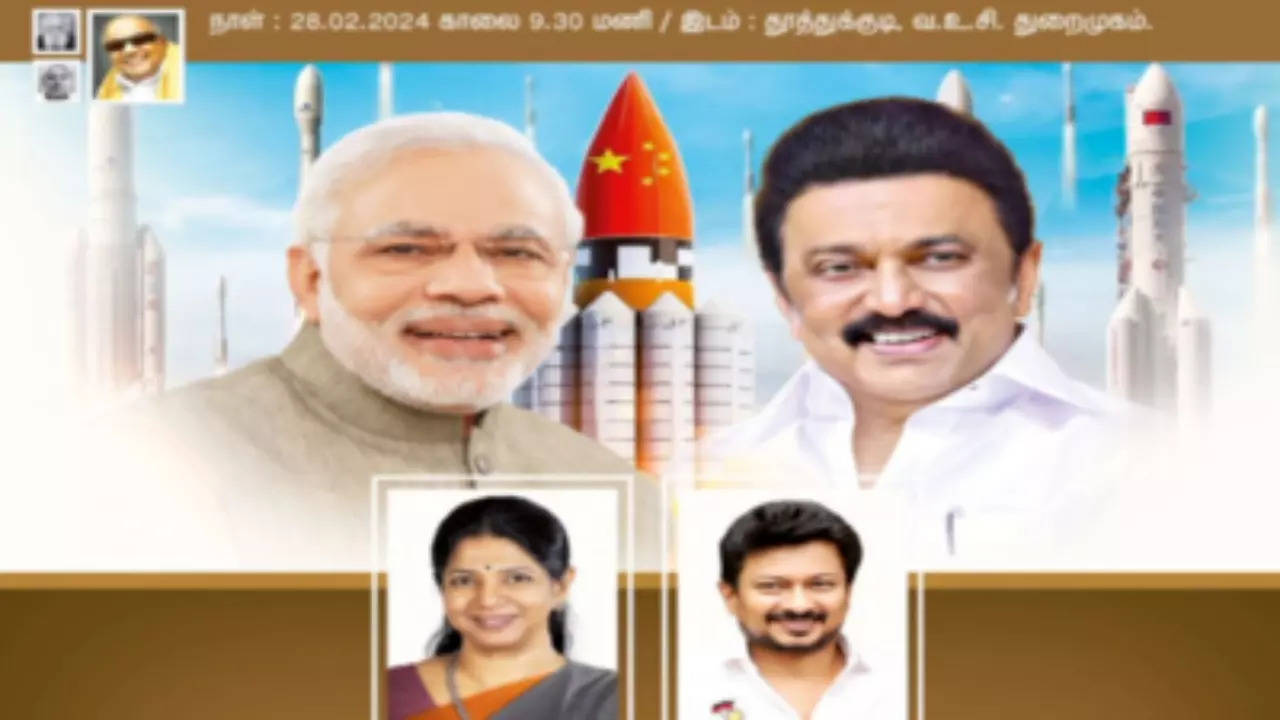
Annamalai's remarks come amidst ongoing debates about the DMK's attitude towards national symbols. He alleged that the party has a history of contentious behavior regarding the national flag, which he believes undermines national unity and respect for national symbols.
The BJP leader’s comments have been met with strong reactions from various quarters. Supporters of the DMK dismiss Annamalai’s allegations as politically motivated, intended to provoke and discredit the party ahead of key electoral battles. They argue that such claims are a diversion from substantive issues and attempt to polarize public opinion.
The controversy touches on a broader issue of how political parties in India engage with national symbols. The Indian national flag is a potent symbol of national identity and unity, and its use or misuse often becomes a focal point in political discourse. In this context, accusations regarding disrespect for the flag can significantly impact public perception and political strategies.
Historically, the DMK has been involved in various disputes over national symbols and their representations. This latest allegation adds to a series of such controversies that have involved the party over the years. Critics argue that the DMK’s stance often reflects its broader ideological and political positions, which sometimes clash with the central government's narratives.
Political analysts suggest that these controversies are part of a larger pattern of using national symbols to score political points. Such incidents often reflect underlying tensions between regional and national identities, particularly in a diverse and multi-lingual country like India.
In recent times, this trend has been observed across various states, where regional parties challenge national narratives or symbols in ways that resonate with their local support bases. This dynamic is evident in Tamil Nadu, where the DMK and BJP represent contrasting ideological and political visions.
The BJP's criticism is part of its broader strategy to position itself as the defender of national symbols and unity. The party’s leaders frequently leverage issues related to national pride and identity to galvanize support and differentiate themselves from their opponents.
For the DMK, the latest allegations could pose challenges as it navigates its political positioning and public image. The party may need to address these claims head-on, reinforcing its stance on national symbols while balancing its regional identity and political objectives.
As the debate unfolds, it is likely to continue influencing the political discourse in Tamil Nadu and beyond. The effectiveness of the BJP’s strategy and the DMK’s response will be closely watched as they shape the upcoming political landscape in the state.
